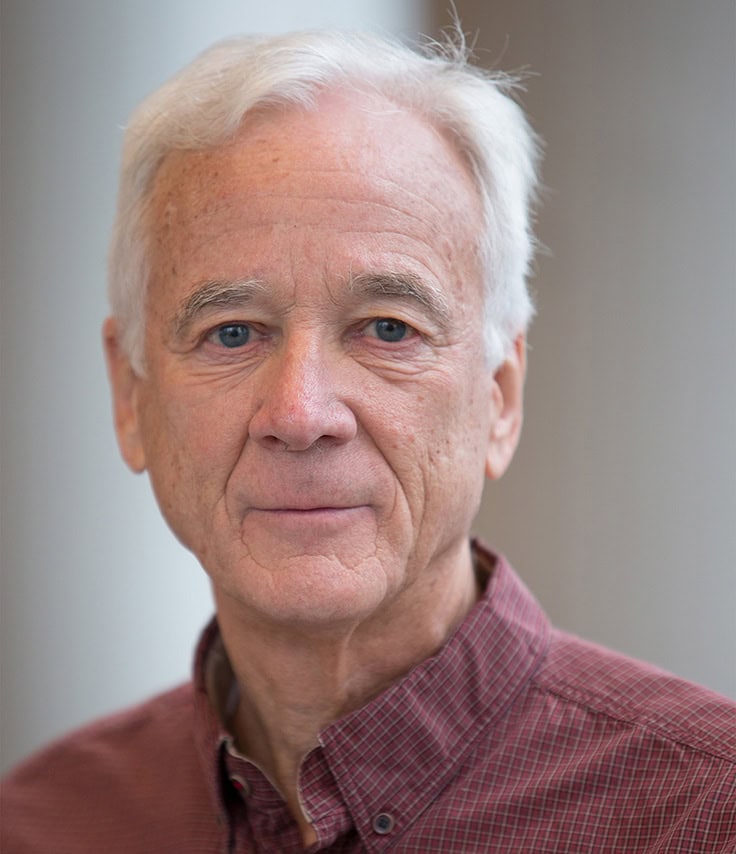Biosketch
Scott Wilson Emmons, PhD is Distinguished Professor of Genetics and Neuroscience Emeritus at the Albert Einstein College of Medicine. He received a bachelor’s degree in biology from Harvard in 1967 and a PhD in biochemistry from Stanford in 1974. From 1969 to 1970 he was a Peace Corps volunteer in India. After postdoctoral work with Donald Brown at the Carnegie Institution of Washington and David Hirsh at the University of Colorado, in 1979 he joined the Einstein faculty where he was the Siegfried Ullmann Professor of Genetics. Emmons is a molecular biologist with a life-long interest in how genes function to determine the properties of the organism. As a graduate student (with Robert Baldwin) he studied the chromosome of phage lambda, his findings contributing to development of important vectors for gene cloning. Moving to developmental biology of higher organisms, he was among the first to clone DNA of the nematode model C. elegans. This work led to the discovery of the founding member Tc1 of the ubiquitous Tc1/mariner transposon superfamily. After a sabbatical at the MRC Laboratory of Molecular Biology (Cambridge, UK), he studied the developmental genetics of the C. elegans male. His award-winning (Science, AAAS Newcomb Cleveland Prize) paper of 2012, which introduced the use of graph theory to analyze a natural neural network defined by serial electron microscopy, was an early paper in the field of connectomics.
Research Interests
My current interest is in how the connections in the nervous system, essential features of animal phenotypes that are still largely undescribed, are encoded in the genome. The approach, using C. elegans, is to find correlations between expression of the cell surface proteins proposed to act as cell identification tags and nervous system structure described by complete details of the contacts and synaptic connections between the neurons.
Membership Type
Member
Election Year
2024
Primary Section
Section 26: Genetics
